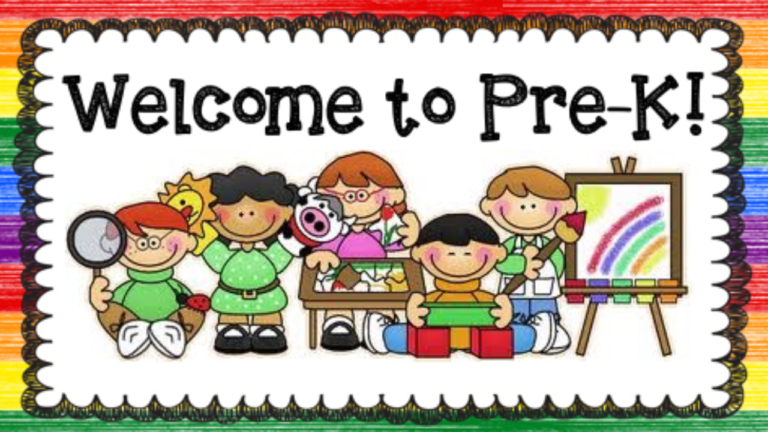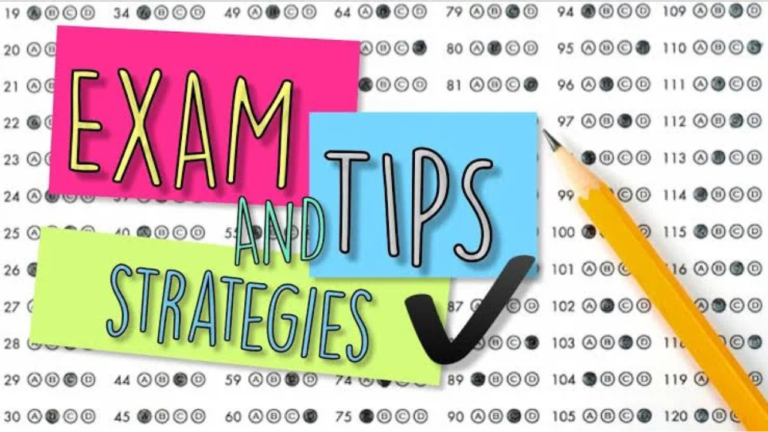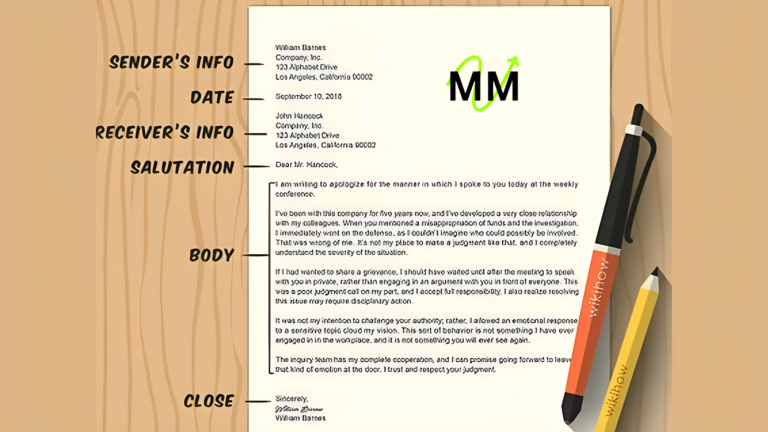What is GCSEs in UK

The GCSEs in the UK represent a crucial stage in the secondary education system, serving as a bridge between primary education and further academic pursuits or vocational training.
GCSEs, which stands for General Certificate of Secondary Education, are qualifications earned by students, usually aged 14 to 16, in various subjects, including English, Mathematics, and Science. As a part of the national curriculum, GCSEs are significant in measuring academic achievement and competence.
The UK GCSEs employ a comprehensive assessment system, including traditional examinations and coursework, to evaluate students’ understanding and skills across different subjects. The introduction of various assessment forms aims to cater to diverse learning styles and provide students with multiple opportunities to demonstrate their abilities.
GCSEs have undergone numerous reforms, mainly driven to maintain educational standards and align with international qualifications. These reforms have included changes to the grading system, moving from letter grades (A* to G) to a numerical scale (9 to 1) in England and enhancing clarity and consistency in performance evaluation.
Obtaining strong GCSE results is essential for students at Thomas Keith Independent School and other institutions across the UK. GCSEs influence future pathways, such as A-level selections or apprenticeships, and provide a foundation for career aspirations.
What are GCSEs?
In the UK, GCSEs, short for General Certificate of Secondary Education, are vital qualifications undertaken by students between the ages of 14 and 16.
These examinations play a crucial role in the British education system. They offer a diverse range of subjects students can choose from and lay the foundation for future academic and vocational pursuits.
The Role of GCSEs in UK Education
GCSEs measure a student’s proficiency in various subjects and provide a standardized assessment method across the nation.
The qualifications encompass a broad spectrum of disciplines, from core subjects like English, Mathematics, and Science to more specialized subjects such as Art, Music, and Information Technology.
This wide range of options allows students to tailor their education to fit their interests, needs, and career aspirations.
Structure and Assessment
In the UK, GCSEs are structured using a combination of coursework and final examinations, with specific assessment methods varying from subject to subject.
The introduction of the 9-1 grading scale, which replaced the previous letter-based grades, aims to provide more significant differentiation among higher-achieving students and more transparency regarding student performhigher-achieving students and greater transparency regarding
Why GCSEs Matter
From an analytical perspective, GCSEs in the UK hold significant importance for academic and personal development.
They are essential gateways to higher education opportunities, including A-levels and vocational qualifications.
Furthermore, GCSE results can influence a student’s ability to secure apprenticeships or employment opportunities, as many employers regard them as a benchmark for basic academic skills and competencies.
History of GCSEs
GCSE replaced the O-Level and CSE exams in 1986. It sought to standardize and simplify secondary education assessment. GCSEs have been reformed to respond to changing schooling.
Importance of GCSEs in the UK Education System
GCSEs are crucial to UK education. They open doors to apprenticeships, higher education, and employment. They assist pupils in mastering core subjects and critical skills.
Structure of GCSEs
Core Subjects
Every GCSE student must study core subjects. These are usually English, Math, and Science. These online GCSE courses are essential to a well-rounded education.
Optional Subjects
In addition to fundamental studies, pupils can choose from History, Geography, Art, and modern foreign languages. This flexibility allows students to customize their education to their interests and job ambitions.
Coursework vs Exams
GCSEs may include coursework and tests. Projects and assignments illustrate student understanding, while timed tests test their knowledge.
Choosing GCSE Subjects
Factors to Consider
When picking GCSE subjects, students should evaluate their strengths, interests, and professional goals. It’s essential to blend enjoyable and crucial issues.
Balancing Interests and Career Aspirations
Consider how their GCSE choices fit their future aspirations. For example, engineers may study STEM disciplines, whereas artists may study drama or music.
Importance of Core Subjects
Regardless of career aspirations, core subjects remain crucial. Strong performance in English, Math, and Science can open many doors and provide a solid educational foundation.
Preparation for GCSEs
Effective Study Habits
Developing effective study habits is key to success in GCSEs. This includes creating a study schedule, setting specific goals, and actively engaging with the material.
Time Management Tips
Balancing study time with rest and leisure is vital. Students should prioritize tasks, avoid procrastination, and take regular breaks to maintain productivity.
Utilizing School Resources
Schools provide libraries, study clubs, and teachers to help pupils prepare for GCSEs. Using these materials improves preparedness.
Role of Teachers and Schools
Support systems in schools
Teachers and schools are crucial to GCSE 4 success. Encouragement, academic help, and emotional support are included.
Extracurricular Activities
Activities outside of GCSE can enhance the experience. Sports, arts, and clubs teach skills and life balance.
The Value of Feedback
Teachers’ constructive criticism helps pupils identify their strengths and weaknesses. Regular feedback sessions can improve student performance.
GCSE Grading System
Learning the Grading Scale
GCSE grades range from 9 to 1, with nine being the highest. Understanding this scale is essential for setting realistic academic goals.
Grade Calculation
Exams aomponents are weighted differently per subject.
Grading System Changes Over Time
Grading has improved to assess student ability better. The modifications reflect ongoing educational quality improvements.
Impact of GCSEs on Future Opportunities
Continuing Education
GCSEs lead to A-Levels, BTECs, and apprenticeships. Good GCSE results can improve education.
Career Routes
GCSEs provide crucial skills and qualifications for numerous careers, influencing career choices. Thoughtful GCSE choice aids early career planning.
Admissions to universities
Universities often use GCSE results when admitting students. Students with good results in related disciplines can improve their university applications.
Challenges Faced by Students
Stress and Anxiety
High GCSE expectations might cause tension and worry. Students need appropriate strategies to handle these obstacles.
Balance School and Personal Life
Academic and personal obligations might be challenging to balance. Time management and family and friend support can assist in preserving this balance.
Overcoming Academic Issues
Students may struggle with some topics. Teachers, tutors, and online resources can help with these issues.
Support for Students
Mental Health Resources
Schools often provide mental health resources, such as counseling services, to support students’ well-being. Accessing these resources can be beneficial during stressful times.
Tutoring and Extra Help
Extra help from tutors can provide personalized support and address specific academic needs. Tutoring sessions can boost confidence and understanding.
Parental Support
Parental involvement and support are crucial to a student’s success. Encouragement, guidance, and a positive home environment can make a big difference.
Technology and GCSEs
Online Learning Resources
The internet offers a wealth of resources for GCSE preparation, including educational websites, video tutorials, and practice exams. These resources can supplement traditional learning methods.
Educational Schools
Educational Schools provide interactive and engaging ways to study for GCSEs. Schools like Thomas Keith and Lady Eveyln offer practice questions and study solutions.
Role of Technology in Modern Education
Technology has transformed education, making learning more accessible and interactive. Digital tools can enhance the learning experience and support diverse learning styles.
Success Stories
Inspiring Student Journeys
Many students have overcome significant challenges to achieve outstanding GCSE results. These success stories can inspire and motivate others.
Overcoming Adversity
Stories of students overcoming adversity, such as personal hardships or learning difficulties, highlight the resilience and determination needed to succeed.
Achieving Top Grades
Achieving top grades requires dedication, hard work, and effective study strategies. Success stories often emphasize the importance of persistence and support.
Common Misconceptions about GCSEs
Reality vs. Myths
Many GCSE myths exist, such as that only specific topics matter. Students can make better decisions by understanding reality.
Accurate knowledge is essential for navigating the GCSE process. Misinformation can cause stress and poor decisions.
Recent Changes in GCSEs
Curriculum changes
The GCSE curriculum is modified to match educational standards and social demands. Students and educators must follow these updates.
Impact of COVID-19
The COVID-19 pandemic changed GCSE assessment techniques and emphasized online learning, changing the educational landscape.
Future Trends
GCSEs may use more technology, improve assessment techniques, and emphasize mental health and well-being.
How to Stay Motivated
Setting Realistic Goals
Setting achievable goals can keep students motivated and focused. Celebrating small victories along the way can boost morale and drive.
Reward Systems
Implementing a reward system can provide incentives for achieving study milestones. Rewards can range from small treats to more enormous rewards for significant achievements.
Keeping a Positive Mindset
Maintaining a positive mindset is crucial for overcoming challenges and staying motivated. Positive affirmations, visualization, and a supportive network can help.
Conclusion
Recap of Key Points
GCSEs are a fundamental part of the UK education system, offering a broad curriculum that prepares students for further education and careers.
Final Thoughts on GCSEs
While GCSEs can be challenging, they also offer valuable personal and academic growth opportunities. With the proper support and resources, students can achieve their goals.
Encouragement for Students
Stay positive, stay focused, and remember that every effort you make now will lead to future success. You’ve got this!
Applied and Short Course GCSEs
In education, the GCSEs in the UK are known for their flexibility and variety, catering to diverse learning needs and interests.
Applied GCSEs and Short Course GCSEs are two such paths that offer this diversity within the curriculum.
Understanding Applied GCSEs
Applied GCSEs are designed to provide students with a more practical and vocational approach to their studies.
These courses integrate theoretical knowledge with practical application, often involving real-world scenarios.
This assessment benefits students who thrive in an environment that combines academic and hands-on learning experiences.
Subjects might include options like Business Studies, Health and Social Care, and Engineering, offering students an opportunity to explore different fields.
The Concept of Short Course GCSEs
On the other hand, Short Course GCSEs are tailored for a more compact study experience. They typically cover half the content of a full GCSE.
This type of course is ideal for those looking to supplement their education with additional subjects without the commitment of an entire course.
Short courses in subjects such as Religious Studies or Information Technology can allow students to broaden their academic horizons without overwhelming their schedules.
Benefits and Considerations
Applied and Short Course GCSEs offer distinct benefits catering to individual learning styles and career planning.
These courses not only prepare students for further education but also provide valuable skills that can be applied in various vocational contexts.
When considering these options, students should evaluate their interests and career aspirations and ensure that the chosen GCSE path aligns with their long-term goals.
FAQs About GCSEs
GCSEs play a pivotal role in UK education, but clarity on the details often prompts questions among students and parents.
This section aims to address some frequently asked questions to provide a better understanding of the GCSE system.
What are GCSEs?
GCSEs, or General Certificate of Secondary Education, are qualifications taken by students in England, Wales, and Northern Ireland.
These exams typically mark the end of compulsory education, usually undertaken at age 16.
They cover a broad range of subjects, offering a balanced academic grounding.
How are GCSE grades awarded?
In recent years, the GCSE grading system in England has shifted from an A*-G scale to a numeric 9-1 scale, with 9 being the highest grade.
Grades are determined by performance in examinations and, in some cases, coursework.
This numeric system aims to provide more differentiation among higher-achieving students.
What are the options if a student does not achieve the desired grades?
If students do not perform as expected in their GCSEs, they have several options.
They can consider resitting the exams or taking alternative qualifications such as BTEC or apprenticeships.
If more specific questions arise, students and parents are encouraged to directly contact educational institutions or look at official government resources for the latest information.
The aim is to ensure everyone has the information to navigate the GCSE landscape successfully.
Stay in touch to get more updates & news on Msmagazine.co.uk!






